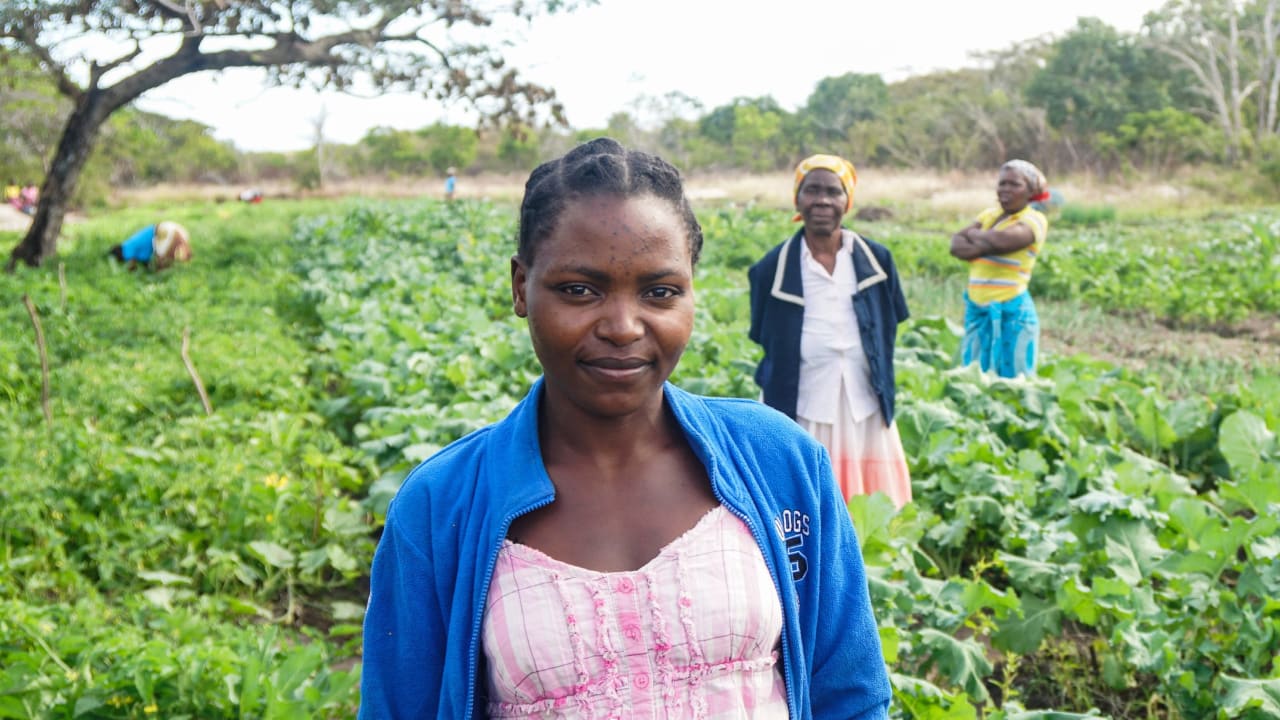This booklet is for organisations that are engaged in water, sanitation and hygiene (WASH) programme work, but have not yet considered using an advocacy approach. It discusses what advocacy is, the global WASH problem, how water and sanitation is fundamental to human development, the role of governments, civil society and churches, and why advocacy is necessary.
The aim is to inspire organisations to integrate advocacy into their water, sanitation and hygiene work, in order to bring long-term sustainable and positive change.






